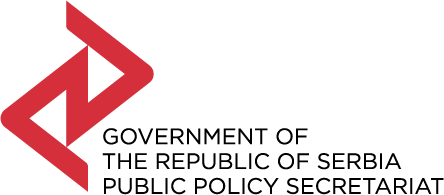Bees pollinate more than 80% of plants we use for nutrition, and every third morsel we take depends on bees. They are the best indicator of a safe living environment for human beings as they can survive only in a healthy and clean environment. However, over the past few years their population has been in steady decline. The production of honey in Serbia went down from 12.000 tonnes in 2015 to 7.000 tonnes in 2017, but the fund of bees can drop by a fifth in a year.
Participants in the round table stressed the most important factors that endanger the life of bees. By far the most serious is the bee poisoning, which is most often caused by the practice of spraying ticks and mosquitoes from the air or inadequate usage of pesticides in agriculture, among which many are illegal and procured on the black market. In addition, bee keeping is burdened with massive red tape, as well as with the problem of a lack of staff in responsible inspection services.
The next round tables will be held in Novi Sad (14 March) and Cacak (26 March). Apart from participating in round tables, all who take an interest in the topic can send their proposals for practicable solutions and evaluate those already submitted through the website www.jpd.rs. The campaign has been launched by the Association of Bee Keeping Organisations of Serbia within the four-year Project of Public-Private Dialogue for Development, which is funded by the US Agency for International Development (USAID) and implemented by the NALED in collaboration with the Public Policy Secretariat of the Republic of Serbia.

